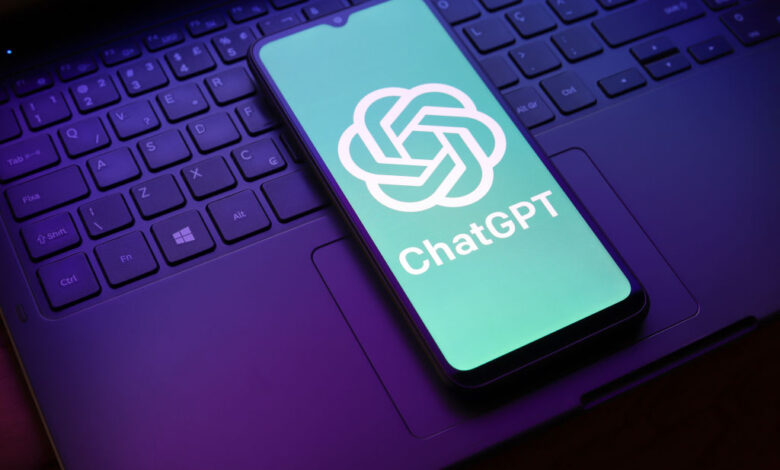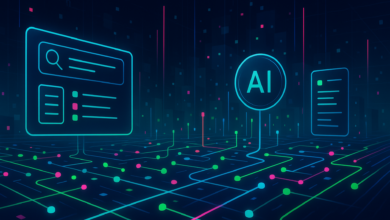ChatGPT: Your Ultimate Guide to the AI Chatbot

▼ Summary
– ChatGPT has grown to 300 million weekly active users since its 2022 launch and is projected to reach 700 million by August 2025.
– OpenAI released GPT-5 in 2025, integrating advanced reasoning and task-handling capabilities, while continuing to offer legacy models like GPT-4o.
– The company faced internal drama, lawsuits over copyright infringement, and concerns about AI safety, including issues with model accuracy and inappropriate content generation.
– OpenAI expanded globally with initiatives like cheaper subscriptions in India, data residency programs, and partnerships, while competing with rivals like DeepSeek.
– ChatGPT introduced new features such as Study Mode, voice upgrades, AI agents for tasks, and image generation, alongside addressing ethical and privacy concerns.
Since its debut in November 2022, ChatGPT has revolutionized how people interact with artificial intelligence, rapidly growing from a productivity tool into a global phenomenon with hundreds of millions of weekly users. Developed by OpenAI, this advanced chatbot leverages deep learning to generate human-like text based on user prompts, making it a versatile assistant for everything from drafting emails to solving complex problems.
The year 2024 proved monumental for OpenAI, marked by strategic partnerships and significant product launches. A collaboration with Apple integrated generative AI into Apple Intelligence, while the release of GPT-4o introduced sophisticated voice interaction capabilities. The company also unveiled Sora, a highly anticipated text-to-video model. Despite these advancements, OpenAI faced internal challenges, including the departure of key executives and legal disputes over copyright issues and corporate structure.
In 2025, OpenAI continues to navigate a competitive landscape, addressing concerns about maintaining its lead against international rivals like DeepSeek. Efforts to strengthen relationships with governmental bodies coincide with ambitious infrastructure projects, including the development of expansive data centers. The company is also reportedly preparing for one of the largest funding rounds in tech history.
Recent updates to ChatGPT reflect both innovation and responsiveness to user needs. New safeguards were implemented following a lawsuit related to teen mental health, enhancing detection of risky conversations and introducing parental controls. Subscription plans became more accessible with the introduction of ChatGPT Go in India, priced affordably to expand reach in a key market.
The mobile app achieved remarkable financial success, generating $2 billion in revenue and significantly outpacing competitors. Despite the launch of GPT-5 as a unified AI solution, OpenAI continues to offer legacy models, providing users with flexibility through modes like Auto, Fast, and Thinking. Rate limits were adjusted to improve user experience, and CEO Sam Altman addressed early performance issues publicly, reinforcing the company’s commitment to transparency and continuous improvement.
OpenAI has also made strides in open-source contributions, releasing new models like gpt-oss-120b and gpt-oss-20b. These developments come amid growing global competition and increased demand for accessible AI technology. Federal agencies gained affordable access to ChatGPT Enterprise, supporting broader adoption in government workflows.
User growth remains robust, with weekly active users nearing 700 million. New features such as Study Mode encourage critical thinking, while the ChatGPT Agent automates complex computer-based tasks. However, studies highlight potential risks associated with AI therapy chatbots, urging caution in sensitive applications.
Energy consumption and operational costs have drawn attention, with estimates suggesting significant resources are required for advanced model operations. OpenAI continues to innovate with features like image generation, voice mode upgrades, and integration with platforms like GitHub for code analysis.
Looking ahead, OpenAI aims to enhance personalization, although this raises important privacy considerations. The company is also exploring hardware partnerships and social media platforms, indicating a broad vision for future growth. Despite ongoing legal and ethical challenges, ChatGPT’s influence continues to expand, shaping how individuals and organizations leverage artificial intelligence daily.
(Source: TechCrunch)





